
What happens to your blo.od pressure when you eat bananas every day?
High blo.od pressure, or hypertension, is a widespread health concern that affects millions of people worldwide.
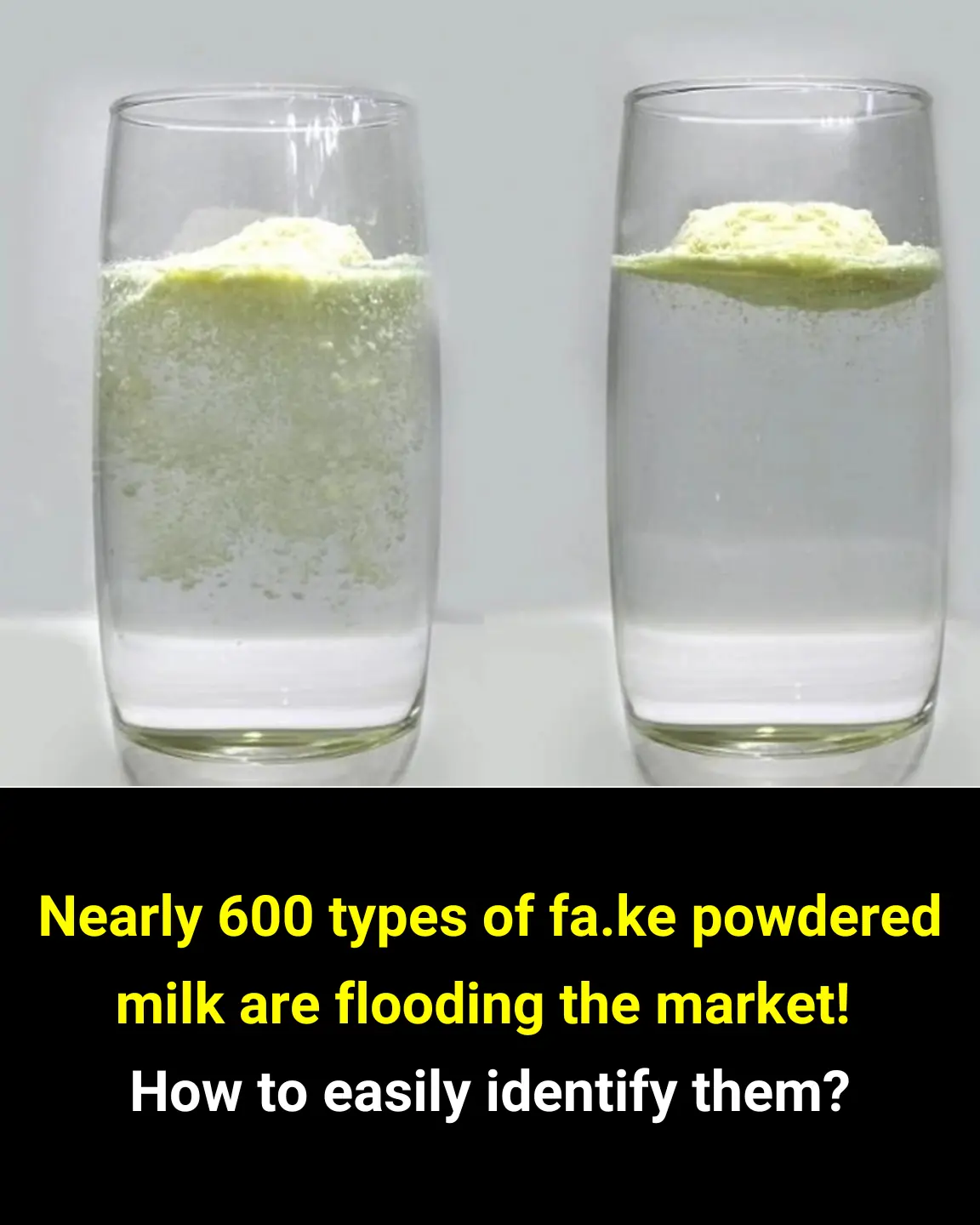
Powdered milk is an essential food supplement for babies, and choosing good quality milk is necessary. However, there are many fake milk products on the market that look almost identical to real milk. Therefore, it’s important to know how to distinguish between real and fake milk to avoid purchasing counterfeit products.
Real Milk:
The color and patterns are clear, well-balanced, and not blurry or faded. Information like brand name, ingredients, usage instructions, production date, and storage instructions is clearly printed on the packaging.
Imported foreign milk does not have Vietnamese text printed directly on the packaging.
The lid of the container is typically sealed with a security seal.
Fake Milk:
The colors or prints are not sharp, may be blurry, or overly bright.
The information printed on the milk carton is unclear or missing.
You can check the origin of the milk using the barcode printed on the packaging. Here are some barcode country codes you can refer to:
893: Vietnam
885: Thailand
880: South Korea
888: Singapore
690 - 692: China
00 - 13: USA and Canada
49 - 49: Japan
30 - 37: France
40 - 44: Germany
471: Taiwan
489: Hong Kong
94: New Zealand
93: Australia
50: UK
Real Milk:
The production and expiration dates are embossed or printed clearly on the packaging, with no signs of fading or erasure.
Fa.ke Milk:
There are two common types of fake milk:
Real milk past the expiration date but with the expiration date altered or made unclear to deceive consumers. This type is often sold at much lower prices than real milk.
Fake powdered milk packaged with the branding of a well-known brand. Fake products usually have blurry packaging, poor quality labels, and are sold at lower prices, so buyers need to be cautious with cheap products.
The powdered milk market is currently facing the issue of widespread fake milk, which uses increasingly sophisticated tricks to mislead consumers. Giving your baby fake milk can pose serious health ri.sks, which can be recognized through the following signs:
Digestive Issues: Babies might experience problems like stomach pain, nausea, or diarrhea due to their immature digestive systems being unable to adapt to the harmful ingredients in fake milk.
Fatigue: Fake milk not only fails to provide the necessary nutrients but also causes poisoning, leading to tiredness, vomiting, dehydration, and even unconsciousness. The weakened immune system also makes the baby more susceptible to il.lnesses such as coughs, colds, and runny noses.
Weight Loss or No Weight Gain: Instead of healthy weight gain, babies drinking fake milk may lose weight or suffer from malnutrition due to the lack of essential nutrients and ha.rmful substances.
Bab.ies have a very weak digestive system, and consuming low-quality milk can lead to allergies, diarrhea, and even poisoning. Additionally, if the ingredients and manufacturing process are not up to standard, bacteria and mold can enter the milk, causing the consumer to suffer from muscle paralysis, poisoning, respiratory issues, or even de.ath. To avoid buying fa.ke milk that could ha.rm your health, mothers should buy products from well-known brands at trusted outlets.
When purchasing milk, mothers should make it a habit to read and understand the information printed on the packaging, including the ingredients, benefits, and origin of the product. Mothers should also monitor their baby's health while using the product. Aside from accidentally buying fake milk, it's also possible that a baby's constitution or physical condition is incompatible with the milk being used. If the baby shows any unusual signs like diarrhea, vomiting, weight loss, excessive gas, or respiratory issues, and the cause is suspected to be the milk, mothers should stop using it and take the baby to a medical facility for examination.

High blo.od pressure, or hypertension, is a widespread health concern that affects millions of people worldwide.
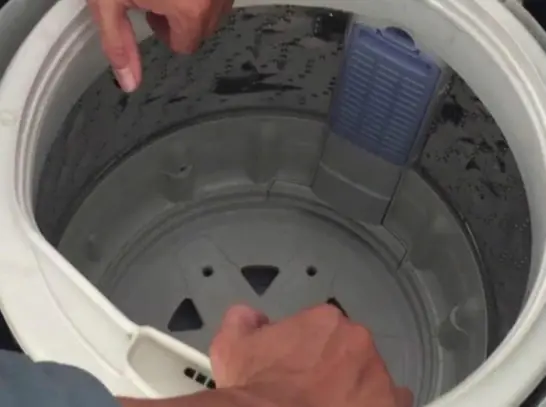
If the washing machine makes a loud, annoying noise.
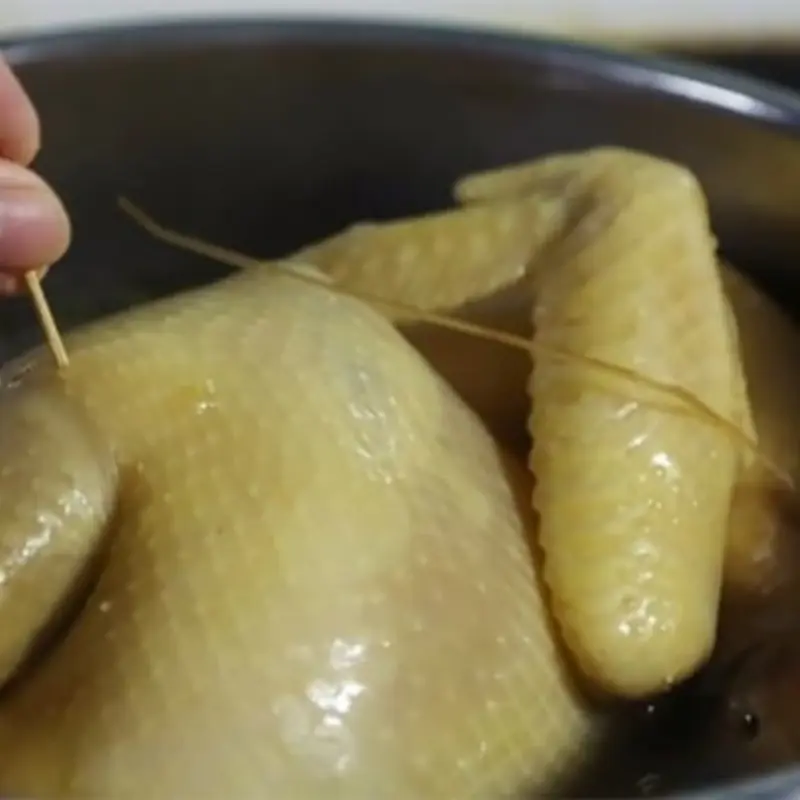
Don't Add Salt and Plain Water—This Is the Secret to Sweet, Tender, and Firm Meat

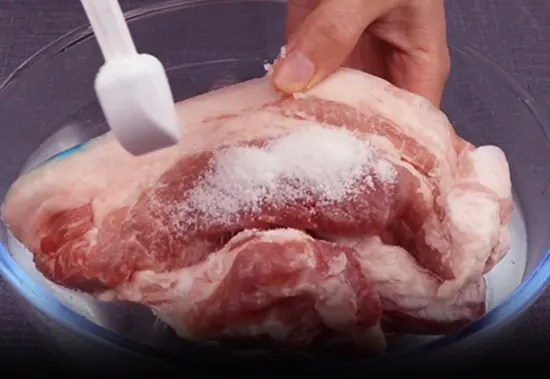
Freezing meat is a convenient way to preserve it for future meals, saving time and reducing grocery trips.

When selecting shrimp, many people are unsure whether to pick “straight shrimp” or “curved shrimp.”

How to identify venomous vs non-venomous snakes
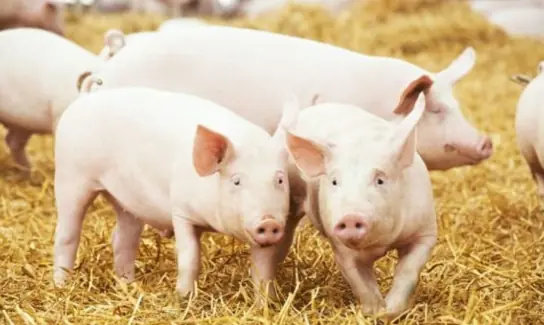
We all know that food consumption habits vary greatly among countries.

Typically, hotel beds come with at least four pillows

Plants that should not be planted because they attract snakes into the house, including very familiar types

Your feet might not be the first place you think of when you hear “heart health”
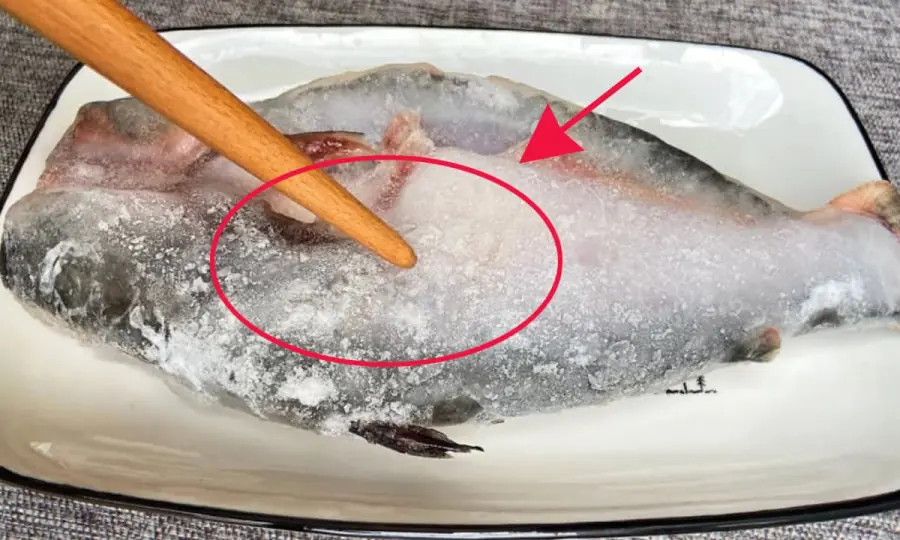
3 quick and reliable methods to safely defrost fish and get it perfectly ready for cooking

Why you shouldn’t rush to ki.ll millipedes when you find them inside your home?

Natural ways to eliminate bed bugs: Proven home solutions

Best plants to grow for repelling mice from the house effectively

After a period of use, showerheads often get clogged due to mineral deposits sticking inside, causing uneven water flow.

Here’s a surprisingly simple household trick to sharpen your old, dull scissors without any special tools.

These 5 plants in your garden could make it more appealing to snakes
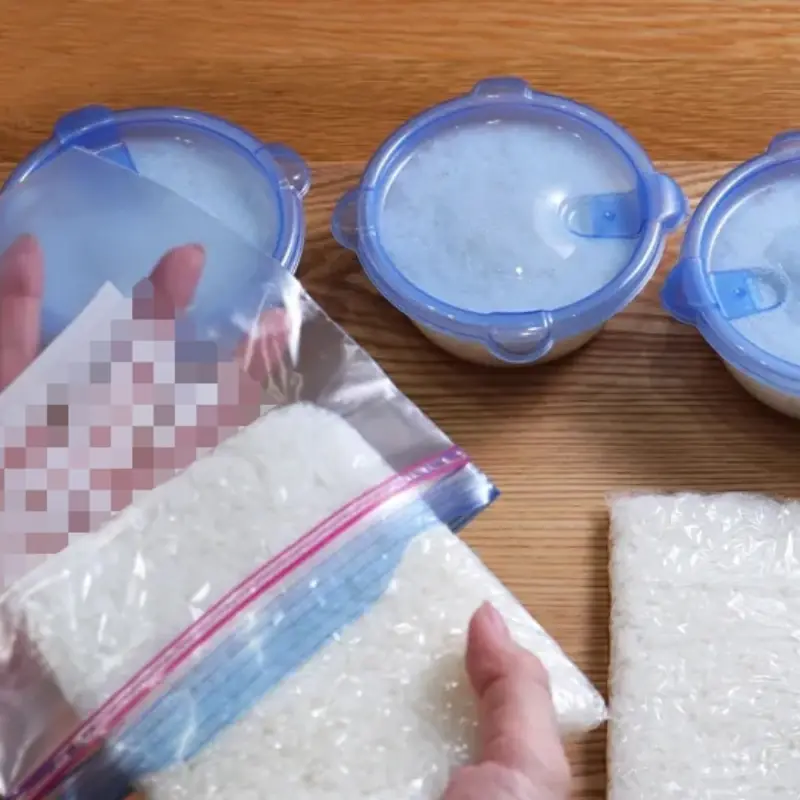
A simple Japanese food hack keeps leftover rice soft, fresh, and tasty.

5 powerful plants that help fight formaldehyde and purify indoor air

A fragrant olive oil blend that turns simple bread into a gourmet treat.

Doctors Warn: Eating Cashews May Have Unexpected Health Effects

After Gallbladder Removal: 3 Conditions You Could Develop

Two everyday ingredients with surprisingly complementary properties.

Staying warm is only half the battle.
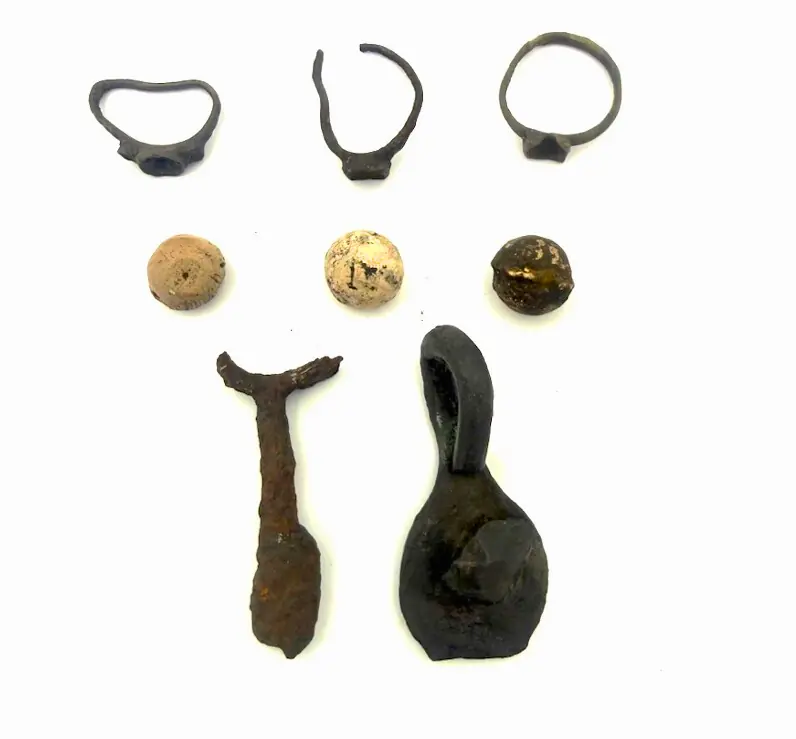

High blo.od pressure, or hypertension, is a widespread health concern that affects millions of people worldwide.

If the washing machine makes a loud, annoying noise.

🏠 What It Means When You See a Centipede in Your Home

Sugar is often criticized for its negative health effects, but despite its reputation in scientific studies and media headlines, it remains an essential energy source for the human body.

Warning signs you may have a brain hemorrhage, don't ignore them or you'll regret it too late

Funerals are intensely emotional occasions filled with mourning, introspection, and remembering
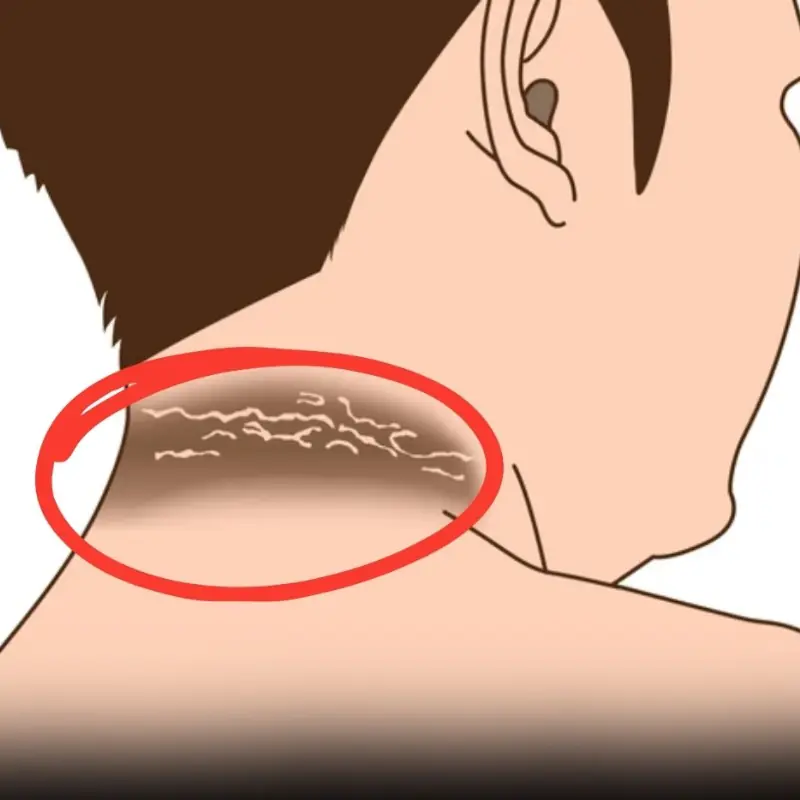
Unusual skin changes may be early warning signs of hidden diabetes.

Simple Ways to Reduce Nighttime Wake - Ups and Improve Sleep Quality
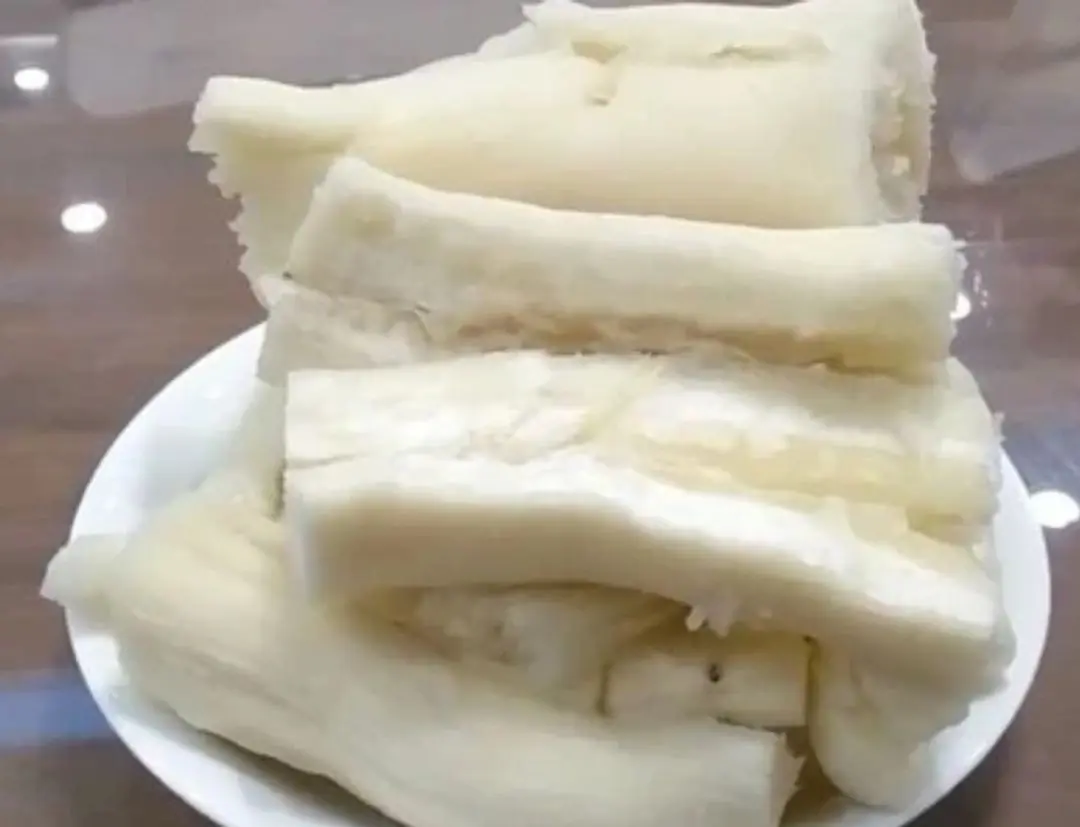
The World’s Deadliest Food” Kills More Than 200 People a Year — Yet Millions Still Eat It

Eating Chicken Eggs Can Be Harmful for These 5 Groups of People — Here’s Why
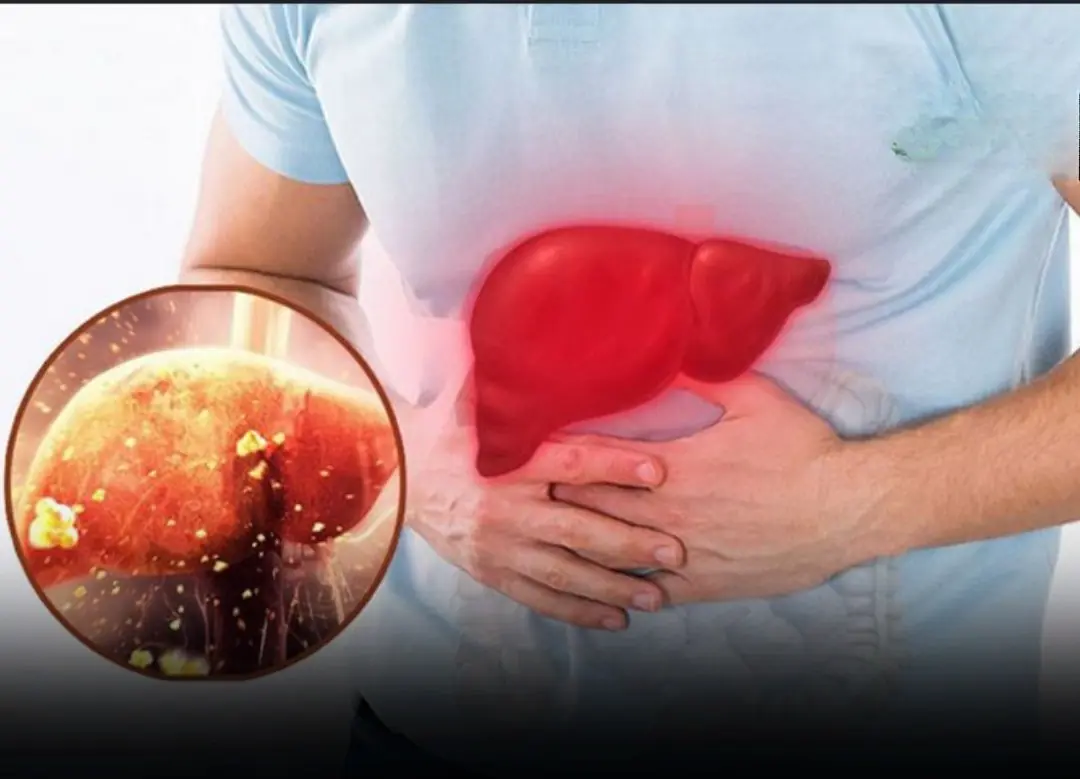
Fatty Liver Disease: The Foot Sign That Could Mean It’s Too Late to Reverse

Up to 23% of cancer patients noticed these symptoms early — but ignored them

What Frequent Urination Could Reveal About Your Health

10 Stroke Warning Signs You May Notice Up to One Month Before It Happens